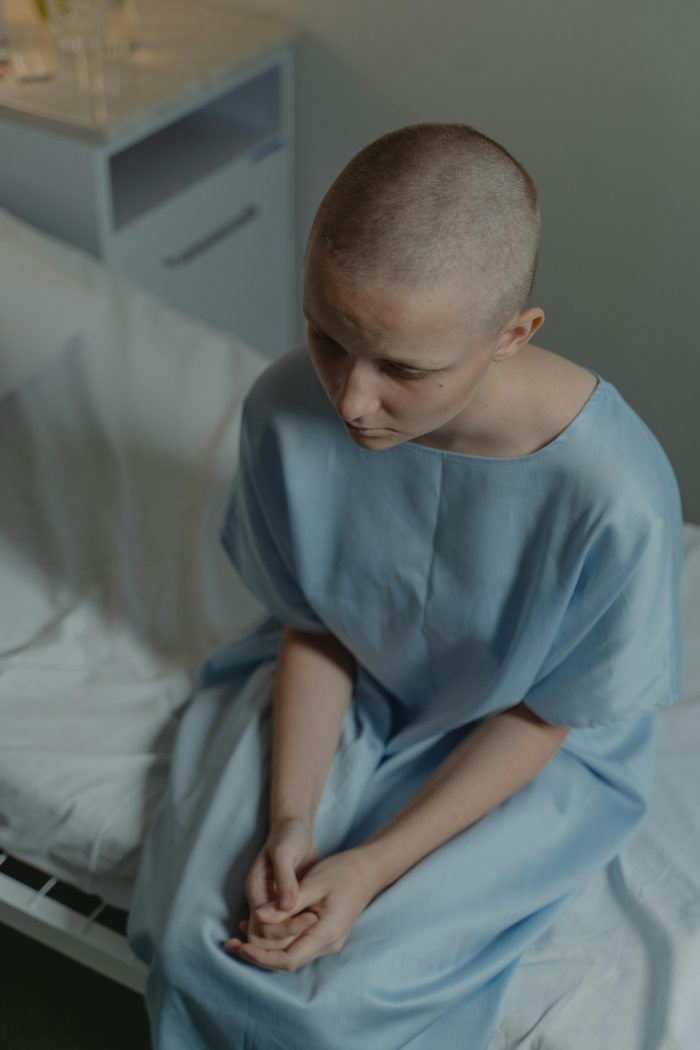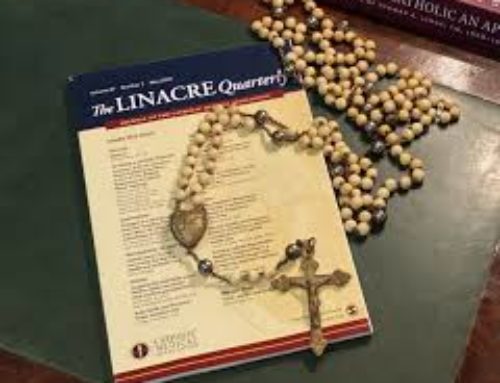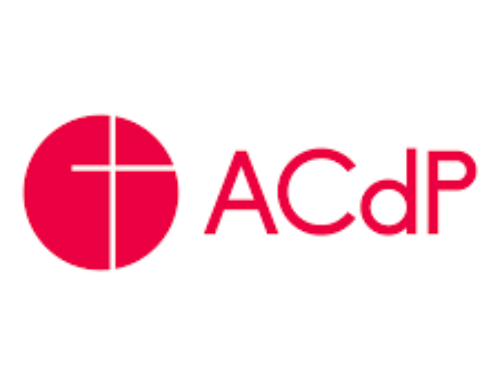Physician Assisted Suicide from the Perspective of Catholic Social Teaching
March 10, 2024
By Dr. Mary Keen Kirchoff

Photo courtesy by Tima Miroshnichenko.
In several state assemblies, legislation has been introduced to legalize what its advocates, the group Compassion and Choices, call “medical aid in dying.” This practice is better known to us as physician assisted suicide or death by prescription, and its advocates may be better known to us under their former name, the Hemlock Society.
This group claims that they are not advocating for suicide, but for “death with dignity” and a “compassionate choice.” They argue that the principle of personal autonomy requires that patients have the right to request that their doctor provide them with a lethal dosage or cocktail of medications. Involving medical professionals to facilitate this practice is an attempt to further legitimize, or even ennoble, what many of us understand to be antithetical to medical ethics.
Arguments against this legislation have been articulated from multiple different perspectives, most notably from disability rights advocates, a group whose voice and perspective we should seek to amplify in policy debates. However, it remains useful for us to use the tools available to us as Catholics to understand and analyze these policy proposals more deeply –– namely, the principles of Catholic Social Teaching (CST).
We can analyze physician assisted suicide through the CST principles of Life and Dignity of the Human Person; the call to Family, Community and Participation; the Option for the Poor and Vulnerable, and Solidarity.
Life and Dignity of the Human Person
Compassion and Choices argues that suicide is a private act that enhances personal dignity. However, suicide never solves any one’s problems. Suicide is never a good thing. Compassion and Choices argues that physician assisted legislation is “needed” by patients. No one needs suicide. There are alternative approaches to illness and suffering which truly enhance human dignity, like palliative care and hospice. Palliative care and hospice must be made available to all who face prolonged illness or suffering especially the lonely and abandoned. The Catholic Church proclaims that the dignity of the human person is the moral foundation of a just society. If a person feels compelled to consider suicide, then that person is among the abandoned who are most in need.
The Call to Family, Community and Participation
Every human being is part of the human family. As members of the human family, people have a right and a duty to participate in society, seeking together the common good and well-being of all, especially the poor and vulnerable. We have responsibilities to one another, to support one another and protect the human dignity of one another; and we all have responsibilities to protect and maintain healthy communities. In regards to PAS or MAiD, suicide cures no illnesses and never solves any one’s problems and no one kills him or herself without affecting other people. This is one reason that suicide has always been discouraged. Suicide permanently damages families, relationships, and communities. So, our communities rightly fund suicide prevention efforts. The new telephone number 988 for those considering suicide is one example of a constructive community response.
The Option for the Poor and Vulnerable
There are many individuals who remain marginalized regarding medical care. Access is not consistent across communities or ethnic groups. People with disabilities are often among the poorest of the poor with the most limited resources. There are many ways in which individuals can be subtly or overtly coerced by family members who are afraid of medical bills or the burden of care that they may be expected to assume. The National Council on Disabilities has studied PAS/MAiD for several decades and has published two detailed reports both coming to the same conclusion: PAS/MAiD legislation poses a very real threat to the elderly and disabled. Therefore we, the medical community, have a particular responsibility for these vulnerable populations and must oppose this dangerous and unnecessary legislation.
Solidarity
When one group in our society is threatened, by extension we are all threatened. We are responsible for one another. When we accept physician assisted suicide for some individuals, we abdicate our responsibility especially to the elderly and disabled, who are among the poor and vulnerable. We must stand with people at risk of coercion from families, the government or insurance companies. PAS can save insurance companies and the government lots of money. As health costs have increased, insurance companies have continuously sought ways to decrease costs. When PAS is a legal medical treatment, it becomes the least expensive treatment and therefore it can become the preferred treatment! Simply denying claims, or delaying processing of claims for treatments may be enough to coerce a patient to “choose” PAS. I have personally appealed insurance denials for months for treatments for some of my patients. Many of you have had the same experience. Do you trust your insurance company or company bureaucrat to make the right decision about someone that you love? We must work together in solidarity with those who are less fortunate.
Physician Assisted Suicide is not comfort care but rather abandonment. Physician assisted suicide is the opposite of medical care. Physician assisted suicide is not healing but rather killing. We must defend our fellow citizens, especially the elderly and disabled, from this unnecessary and unethical legislation.F








